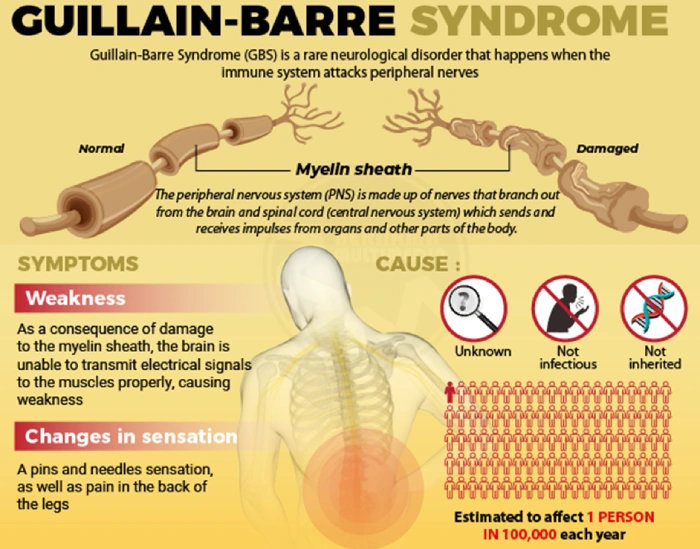New Method Identifies Reactive Cysteines on Peptide Antigens
Northwestern Medicine scientists have made a significant advancement in the field of cancer immunotherapy. They have developed an innovative method for identifying reactive cysteines on peptide antigens within the immune system. This groundbreaking research, published in Nature Communications, could potentially revolutionize cancer treatment strategies.
The study focuses on the major histocompatibility complex class I (MHC-I), a crucial component in orchestrating immune responses to cancer. While the role of MHC-I is well-established, the reactivity of peptides it displays and their potential therapeutic applications have remained largely unexplored until now.
Dr. Xiaoyu Zhang, the senior author of the study and assistant professor of Chemistry, explains the fundamental concept: “When cells become cancerous or are infected by viruses, they present peptides derived from mutant or viral proteins. Our immune system, particularly T-cells, recognizes these abnormal peptides and eliminates the diseased cells.”
The research team set out to investigate the reactivity of peptide antigens – substances that stimulate the body’s immune system to produce antibodies – and explore ways to harness them for therapeutic purposes. Their approach involved several key steps:
1. Development of molecular probes: The scientists created probes designed to react with cysteines, which are protein building blocks found within peptide antigens displayed on MHC-I molecules.
2. Testing on human leukemia cell lines: The probes were tested on various leukemia cell lines, successfully reacting with cysteines on several different peptide antigens and producing measurable signals.
3. Marking leukemia cells for immune recognition: The team investigated whether the probe could effectively mark leukemia cells, making them recognizable to immune fighter cells. This marking induced a process known as antibody-dependent cellular phagocytosis, potentially serving as a strategy for triggering cancer cell death.
Dr. Zhang highlights the significance of this innovation: “Scientists have never before been able to target antigen peptides with small molecules, but we demonstrate the feasibility of this approach.”
The study also identified several peptide antigens that are more highly expressed in cancer cells compared to normal cells. The research team is now focusing on these antigens to identify more specific small molecules that can target them, with the ultimate goal of harnessing these molecules for cancer immunotherapy.
This breakthrough could pave the way for more effective immunotherapy strategies, offering new hope in the fight against cancer.
Commentary by YourDailyFit columnist Alice Winters:

The groundbreaking research conducted by Northwestern Medicine scientists represents a significant leap forward in our understanding of the immune system’s role in fighting cancer. This study’s innovative approach to identifying and targeting reactive cysteines on peptide antigens opens up exciting new possibilities for cancer immunotherapy.
The development of molecular probes that can specifically react with cysteines on peptide antigens is a remarkable achievement. This technique allows for a more precise targeting of cancer cells, potentially leading to more effective and less toxic cancer treatments. The ability to induce antibody-dependent cellular phagocytosis through this method is particularly promising, as it harnesses the body’s own immune system to combat cancer cells.
However, it’s crucial to note that while this research is highly promising, it is still in its early stages. The transition from laboratory findings to clinical applications often takes years and faces numerous challenges. Further studies will be needed to validate these results in more complex biological systems and to ensure the safety and efficacy of any potential therapies developed from this research.
One of the most intriguing aspects of this study is the identification of peptide antigens that are more highly expressed in cancer cells compared to normal cells. This discovery could lead to the development of highly specific cancer therapies that minimize damage to healthy tissues – a holy grail in cancer treatment.
From a broader perspective, this research underscores the importance of continued investment in basic scientific research. It demonstrates how advances in our understanding of fundamental biological processes can lead to breakthroughs with significant clinical potential.
As we move forward, it will be exciting to see how this research develops and whether it can be translated into effective cancer immunotherapies. While it’s important to remain cautiously optimistic, this study certainly provides a new avenue of hope in the ongoing battle against cancer.



